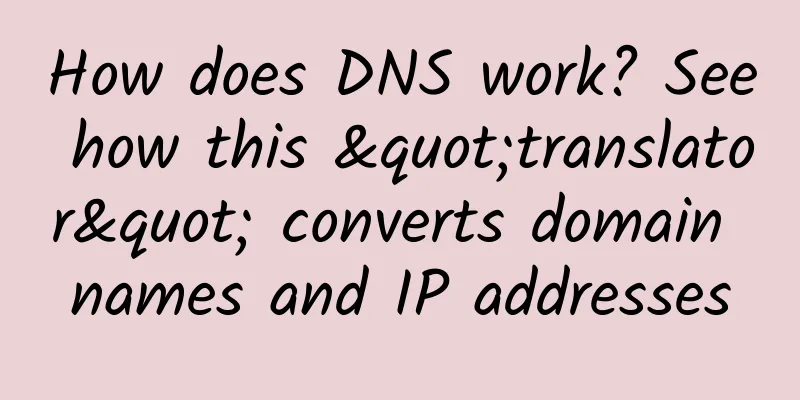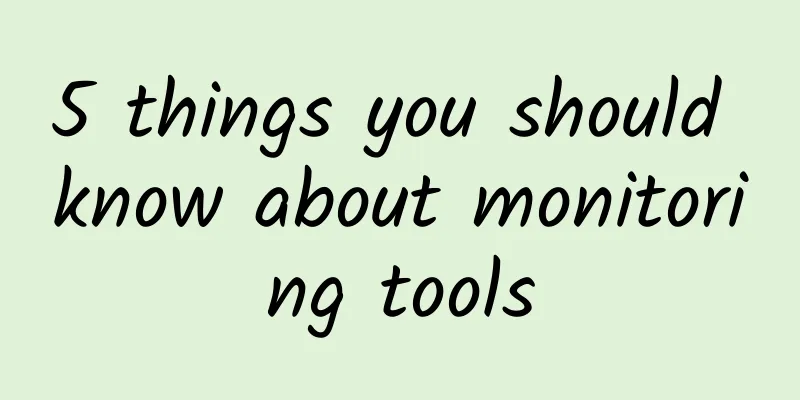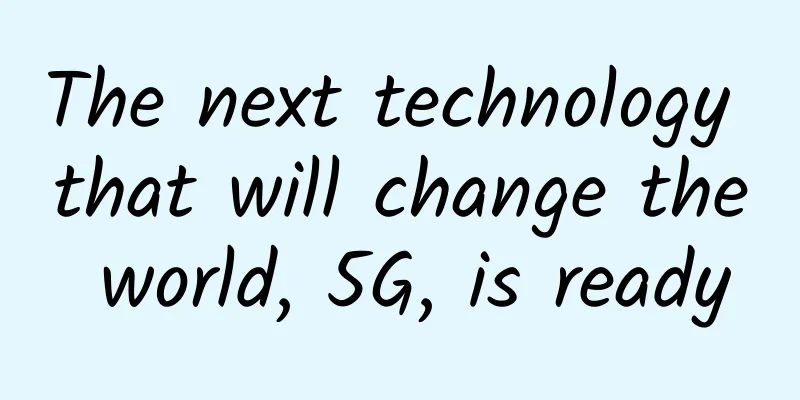Big data and 5G: Where does this intersection lead?

|
Big data and its impact on our privacy is one of the biggest challenges of the 21st century. With 5G on the horizon and its impressive capabilities, let’s explore what impact the next generation of networks will have on big data, the development of smart cities, and especially our online security. 5G—What is it? Some have called 5G a cause of cancer or a vehicle for spreading the coronavirus. Fortunately, the truth is much more mundane: 5G is the fifth generation of wireless mobile networks, whose primary purpose is to connect individuals, devices, and machines. The main selling point of 5G is its performance - it has an average speed of 50Mbps and is capable of reaching 10Gbps. At speeds this high, you will be able to download a two-hour movie in seconds rather than minutes. However, 5G is about much more than just speed. For one thing, unlike its predecessor 4G, 5G features network slicing. In simple terms, this allows one physical network to be divided into multiple virtual networks, providing the best setup for various use cases. Moreover, 5G offers a lower average latency rate (1ms compared to 50ms for 4G), thus ensuring shorter delays when transferring data. For us, 5G means a mobile Internet connection that performs just as well as the one you have at home, making it possible to use the Internet in very crowded places such as arenas and stadiums. But its impact is much wider - the increase in the number of possible connections paves the way for the next stage in the development of the Internet of Things, ultimately leading to the development of smart cities. The greatly improved latency opens up new opportunities for remote control of machinery, which could have significant implications for medicine, industry, and more. Of course, 5G will also have a huge impact on entertainment. It will allow broadcasters of concerts and sporting events to produce highly immersive experiences through VR and other technologies. You can get the full experience of a concert or sports game without leaving your home. Barcelona’s Camp Nou stadium, for example, will be the first to introduce dedicated 5G coverage, offering spectators a game-changing experience – from getting in-depth performance statistics on their favourite players, to being able to watch the game from different locations in the stadium itself – including the team bench. Clearly, 5G appears to offer a premium experience when it comes to entertainment. But let’s look at how it might impact another area of technology and business: big data. 5G enhances the role of big data With big data dealing with very large data sets, making connections faster and more reliable will greatly increase functionality. Most of us already contribute to the generation of data every day through the use of IoT devices. Last year, the global IoT market was valued at $690 billion, and the market is expected to grow to approximately $130 billion by 2025. Currently, speed and latency limitations mean IoT devices have to rely on their own processors and internal memory. With 5G, it will be possible to do much of the computing in the cloud, making IoT devices cheaper and empowering big data to an unprecedented degree. This is just one aspect – the increase in data collection capabilities is not just due to the increase in smart devices, but also, the increase in speed will allow for more data to be collected in a more diverse range of circumstances. If it takes seconds to download large media files with 5G, imagine how big a boom big data organizations will notice as they are able to download certain datasets 10 or even 100 times faster than before. Smart Cities – The Intersection of IoT, Big Data and 5G When we talk about big data and 5G, we have to talk about smart cities. In fact, the development of smart cities is one of the most discussed aspects of the intersection of big data and IoT-5G - in short, without 5G, smart cities are impossible. The development of IoT technology led by 5G will turn our cities into networks, collect huge amounts of data and bring significant changes to our daily lives. From automatically regulating traffic flow to improving emergency response (car accidents are less dangerous in smart cities, for example), 5G will make city dwellers more comfortable. What does this mean for our privacy? To sum up, there is one pretty obvious downside to living with smart devices that collect our data 24/7 — less privacy. Singapore is rapidly becoming a smart city, with sensors, GPS devices and CCTV cameras everywhere on public transport and streets. In addition, the city-state’s data protection laws are designed to benefit data collection rather than protect citizens’ privacy, as there are few restrictions on how institutions can collect and share data. One might argue that such excesses would be impossible in a Western democracy, but the technology implies restrictions on our privacy, and we are already seeing technologies like facial recognition being implemented by law enforcement in the US and elsewhere. Ultimately, smart cities will leave less and less of us invisible. We already worry about our data being collected and leaked, so 5G should give us even more to worry about. Both our smart devices and the wider IoT will collect data faster and on a larger scale. In short, we’re sure to hear about more data breaches in the coming years. Final Thoughts So what is there to do or hope for? The fact is, we can’t stop moving forward – 5G and Big Data are here to stay. As the technological developments come to market, their grip on our lives will only grow tighter. We are ill-prepared for the future that lies ahead, but there is one thing we can and should do - prepare a legal foundation. We must demand sensible legislation that addresses these new challenges and ensures that privacy is no longer a thing of the past. Otherwise, the smart city risks becoming a cozy, shiny prison. |
<<: In the 5G era, limited spectrum is used in a variety of ways
Recommend
Spectrum is scarce and expensive. Should 2G be retained or abandoned? This is a big question that operators need to consider.
According to foreign media reports, in just a few...
ReliableSite: 1Gbps unlimited dedicated server in New York/Miami/Los Angeles starting from $29/month
ReliableSite is a business that specializes in pr...
Comparison between MQTT and SSE
Building a real-time web or mobile application is...
Just now! ZTE Announcement: Affected by the rejection order, the company's main business activities can no longer be carried out!
On the evening of May 9, ZTE issued an announceme...
Why are operators competing to launch new 4G packages as 5G is the mainstream?
[[406115]] In 2021, when 5G is rapidly popularize...
5G backhaul will become the next growth point in the field of optical communications
According to industry insiders, 5G mobile service...
Differentiate switches based on network coverage
As the number of switches increases, there are ma...
China Telecom faces four major challenges in network reconstruction of SDN/NFV practice
On July 11, 2016, China Telecom released the &quo...
How difficult is it for a woman to work in communications?
It is well known that the number of women working...
Common network problem location tools that programmers should master
In the process of daily project operation and mai...
Why does the phone clearly show 5G signal but is occupying the 4G cell?
[[345521]] This article is reprinted from the WeC...
10 Ways to Improve Your Home WiFi
Guo Shenghua, the godfather of Chinese hackers an...
"Seeing the world through the cloud and leading the future" Zijing Vision aims to build a cloud video ecosystem
[51CTO.com original article] On July 26, 2018, th...
Network Basics: TCP/IP protocol responsibilities and three common models
1. The main responsibilities of TCP/IP protocol ●...
What can operators do to ensure that fee reductions are real and consumers understand clearly?
This year, speed increase and fee reduction have ...









